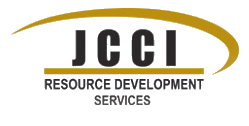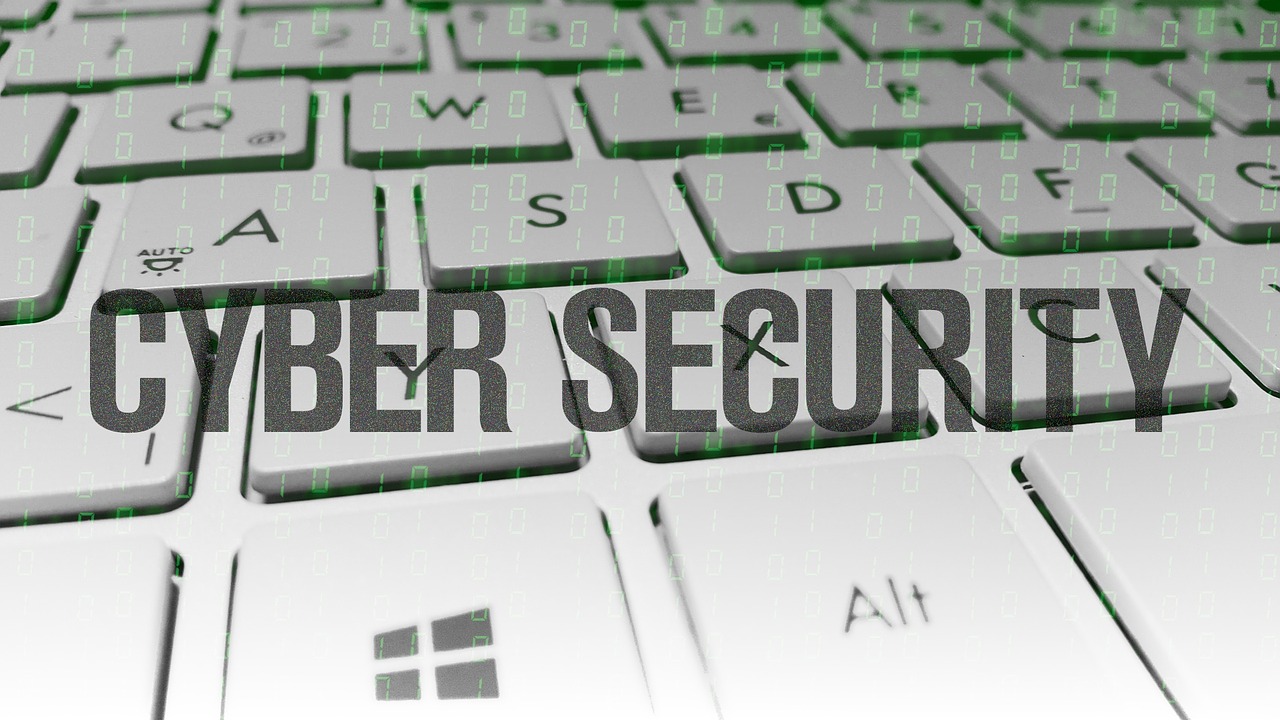U.S. Nuclear Regulatory Commission Trade School and Community College Scholarship Program
U.S. Nuclear Regulatory Commission (NRC)
Scholarship and Fellowship Education Grant, Faculty Development Grant, and Trade School and Community College Scholarship Grant, Fiscal Year (FY) 2019
Application Deadline: 11-30-2018—this grant is usually announced annually
Estimated Award Date: 6-30-2019
Summary of Trade School and Community College Grant Track
Funding and Time Frame
This is a two (2) year program. Trade School and Community College funds may be requested for up to $150,000.00 total costs (direct costs and associated facilities and administrative costs) for the project period.
A scholarship student may not receive more than $5,000.00 per year or exceed $10,000.00 over a 2-year period. Students have up to 6 months after graduation to secure nuclear related employment. If a student does not obtain nuclear related employment in the 6 month timeframe, a waiver can be requested or the NRC will seek repayment of funds.
Trade schools and community colleges may only apply to the Trade School and Community College Scholarship Grant program. Trade schools and community colleges are not eligible for Scholarship, Fellowship, or Faculty Development tracks.
FOA notes that cost-sharing is not required, but is encouraged.
Funding Objective
The primary objective is to support scholarships for nuclear science, engineering, technology, and related disciplines to develop a workforce capable of supporting the design, construction, operation, and regulation of nuclear facilities and the safe handling of nuclear materials. The nuclear-related discipline supported by this funding is intended to benefit the nuclear sector broadly.
Trade Schools and Community Colleges Scholarship Criteria/Eligibility
The Trade School and Community College scholarship program provides funding to institutions to award scholarships to individuals pursuing certifications or associate degrees in disciplines that may be beneficial in developing and maintaining a nuclear workforce. Institutions receiving NRC grants must establish programs to monitor the academic progress of the scholarship recipients. The application must clearly state how the funds will be applied.
Student applicants must meet the following criteria to receive a scholarship:
- Maintain satisfactory academic progress in the student’s field of study.
- Maintain a course load of at least 12 credit hours per semester or be classified as a full-time student as defined by the recipient.
- Be matriculated in a certificate or associate degree program for the field of study for which the scholarship was approved.
- Must be United States citizens or a noncitizen national of the United States, or have been lawfully admitted to the United States for permanent residence (i.e., in possession of a currently valid Alien Registration Receipt Card I-551, or other legal verification of such status).
Allowable Costs
Allowable costs include, but are not limited to, the following items:
- Materials
- Supplies
- travel to professional meetings
- support to defray student participation expenses such as student compensation (when appropriate) and other student costs (e.g., fees, books, tuition and lab fees) for no more than the amounts specified in the section entitled “Budget and Project Period.”
The recipient must provide documentation of tuition rates, if included in the application. Grant funds may not be used to supplant funds otherwise available at the applicant institution.
Application Requirements
- Executive Summary of no more than half a page
- Project Description of no more than five pages (specifics for Trade Schools and Community Colleges program are listed below)
- Describe the proposed program including the number and size of the scholarships and any associated institutions. State the management structure and the capability for administering the program. Provide a schedule of tuition fees and other pertinent costs for students who would participate in this program.
- Describe the recruitment activities and specific marketing strategies designed to attract a large and diverse pool of student applicants. Describe the selection process that will ensure the most qualified student applicants are selected based on academic merit, with consideration given to financial need and the goal of promoting the participation of minorities, women, and persons with disabilities.
- Identify an evaluation plan that will provide information on the effectiveness of the project in attracting, preparing and retaining individuals in nuclear careers. This plan should include methodologies for measuring the effectiveness of the program. The evaluation plan should include a mechanism for tracking the trade school and community college scholarship students as they fulfill their academic obligation and for reporting to the NRC.
- State whether or not these scholarships are contemplated as an integrated element of a State or regional strategic plan including innovative approaches covering such arrangements as consortia, partnerships with other institutions (including Minority Supporting Institutions), shared or distance learning programs, etc. Post-Secondary Minority Institutions are listed at: http://www.ed.gov/about/offices/list/ocr/edlite-minorityinst.html.
- State any arrangements with other non-federal entities that provide additional support, usually in the form of cost sharing or matching, to the goals of this grant (a written agreement or letter is required with the application).
- Institutions must agree to require individual trade school and community college scholarship students to accept the service agreement terms as defined in this FOA. (See http://www.nrc.gov/about-nrc/grants/trade-svc-agreement.pdf at http://www.nrc.gov/about-nrc/grants.html ).
- Summary of Current and Pending Support (projects that are or could impact PI’s time)
- Curriculum Vitae of two-page maximum for each PI or senior personnel
- Detailed Budget Narrative
- A current copy of the institution’s A-133 audit report
Scoring Criteria for Trade Schools and Community College Scholarship Program
- Capacity and ability of the institution to effectively conduct the program including quality and feasibility of the recruitment and marketing strategies. (25 points)
- Type and degree of proposed student support (i.e., mentoring or advisor assistance). Including quality of technical programs for scholars. (25 points)
- Feasibility and completeness of an evaluation plan to measure the effectiveness of the scholarship program. (15 points)
- Institutional support for the program and plans for sustainability as well as number and quality of students that will be served by the program. (25 points)
- Innovation demonstrated through establishment of consortia or partnerships with other institutions to increase the universe of students reached through distance learning, shared courses, facility sharing, etc. (10 points)



